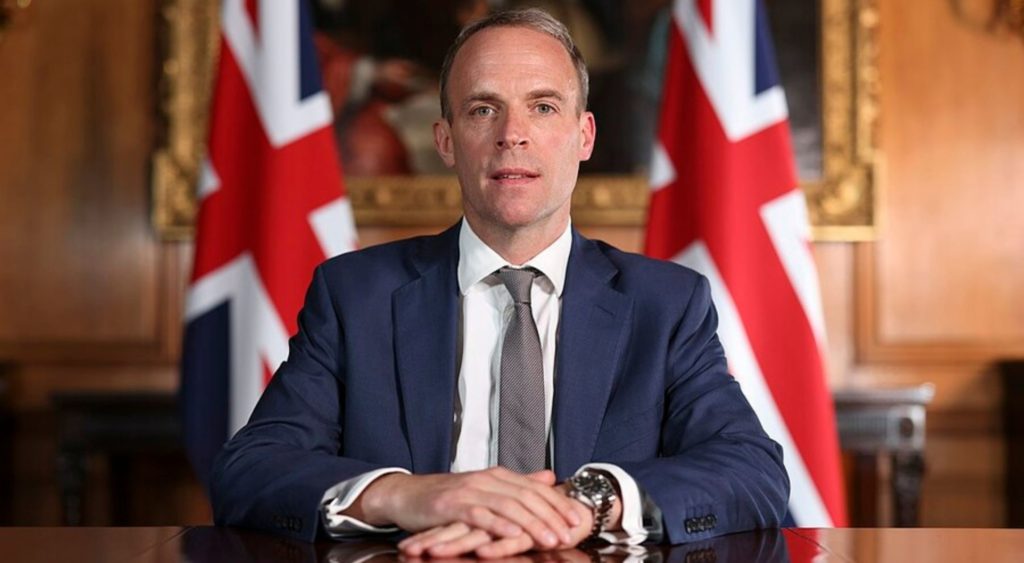I think that one thing the pandemic taught us is that we need compassionate leaders. Leaders who not only empathise but who are also compassionate and care about the overall well-being of the people that they lead and are not just concerned with hitting performance targets and the bottom line.
Gone are the days of the command-and-control leader. I remember when I first started work at the age of 16, I had a boss who would watch my every move. He would sit and observe as I answered the phone or processed work and give me immediate feedback, such as shouting ‘You don’t answer the phone like that!’.
I quickly learned what to do and what not to do in the way that he wanted to it to be done, which left a lasting imprint on me when it came to delivering work of a high standard. And whilst I was a high performer and someone who could be relied on, it did make me become fearful and apprehensive around those who were more senior than me.
Whilst it may mean performance targets are met, fear-based leadership does not bring out the best in people. If you want high-performing teams who are at their optimal, they need to feel psychologically safe.
Recently we saw former UK Deputy Prime Minister and Secretary of State for Justice, Dominic Raab resign after an investigation where claims about him being intimidating and abusing his power with employees were upheld.
Intimidating employees and abusing your power with them is unacceptable as a leader and does not bring out the best in your teams. If people are scared of you, even though they may be meeting your demands, it is not good for their emotional wellbeing or their overall performance.
In his resignation letter, Dominic Raab said he was genuinely sorry for any unintended stress or offence that any officials felt as a result of the pace, standards, and challenge that he brought to the Ministry of Justice. He added that it was what the public expect of Ministers working on their behalf. He also mentioned that the inquiry had set a dangerous precedent in setting the threshold for bullying so low.
As a member of the public, that is not what I expect of Ministers working on my behalf. Whilst I expect people to work at pace, to a high standard, and to be challenged, I don’t expect them to be fearful, to feel intimidated, and to feel like they are being bullied. I expect people to be able to go to work and feel psychologically safe.
Research by law firm Fox and Partners shows that from 2020/21 to 2021/22, there was an increase of 44% in cases heard by the employment tribunal here in the UK containing allegations of bullying. This only includes those cases that go as far as an employment tribunal.
If you think of the process as a funnel, imagine the increase in those cases of bullying that are not reported, or dealt with by having a quiet word with the perpetrator, or dealt with by bullying and harassment policies and don’t go as far as an employment tribunal.
Whilst the increase in tribunal cases mentioned above does not state whether the bullying was carried out by a leader, a poll carried out by YouGov in 2015 for the TUC, showed that 29% of people had been bullied at work and that in 72% of cases, the bullying was carried out by a manager.
The same report also showed that 36% of people who report being bullied at work leave their job because of it and that 46% said that bullying had an adverse effect on their work performance and mental health.
What has caused such an increase in bullying cases? Is it that people are working under so much pressure as a result of having to do far more with far less, so they are using fear tactics as a way of making sure the job gets done?
Leaders who are bullies do not create psychologically safe environments. Working in environments that are not psychologically safe can be very stressful. Employees who don’t feel psychologically safe, do not give their best.
A command-and-control leadership style may have gotten results during the industrial age when there was less concern about the welfare of employees, and less known about what motivates people to perform at their best. However, it is not an effective form of leadership for today’s times. Even the military, which, historically was well known for its command-and-control leadership has moved away from it.
Picking up on what Dominic Raab said in his resignation letter about pace, standard, and challenge, psychological safety does not mean that standards are lowered, or that employees are not challenged.
If employees feel psychologically safe, they are more likely to welcome constructive feedback and to be challenged. This does not have to be done in an intimidating way or by leaders abusing their power. Which, given the outcome of the investigation, is something that was deemed Dominic Raab not to have done
So, the lesson and my question for you (if you are a leader) is how are you creating environments that are psychologically safe?
First published on LinkedIn.
If you are an introverted woman and a senior leader and want to increase your confidence, influence and impact, take my free assessment and get a report identifying areas to develop. You can take the assessment here.

